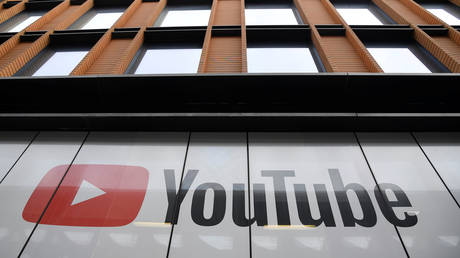
An update to YouTube’s content monetization rules has left some small creators dismayed. People watching their videos will be served ads, and the Big Tech company will take all the revenue for itself.
The Google-owned video-sharing platform is giving itself some additional space to profit from the content it hosts. Once the updated rules come into force in June, YouTube will start putting ads on channels that have too few subscribers and views to qualify for its Partner Program, a mechanism that allows owners of bigger channels to monetize popularity by splitting ad revenue with the platform.
The terms have been in place for US-based users since November 2020, but will soon be in force globally. The expansion of the rules also applies US taxation to foreign YouTubers, a move that the service announced earlier this month.
Needless to say, the imminent commercialization was not welcomed by many of those it will affect the most – small content creators. They can no longer keep their channels ad-free, but they can’t have any financial compensation either, unlike their more-popular counterparts.
Some creators outraged by the upcoming “YouTube slavery” even called on people to use ad-blocking browser extensions to punish the platform.
Others predicted a rather grim (if not quite realistic) future that the ongoing tightening of the screws on monetization may bring a few years down the line.
Some mocked YouTube’s increasingly pervasive money-making strategy.
Amid all the anger, some people found a silver lining. Content creators who manage to grow big enough to lay claim to ad revenue will get some degree of control over how their videos are monetized, and could make the commercials less irritating for viewers.
If you like this story, share it with a friend!




